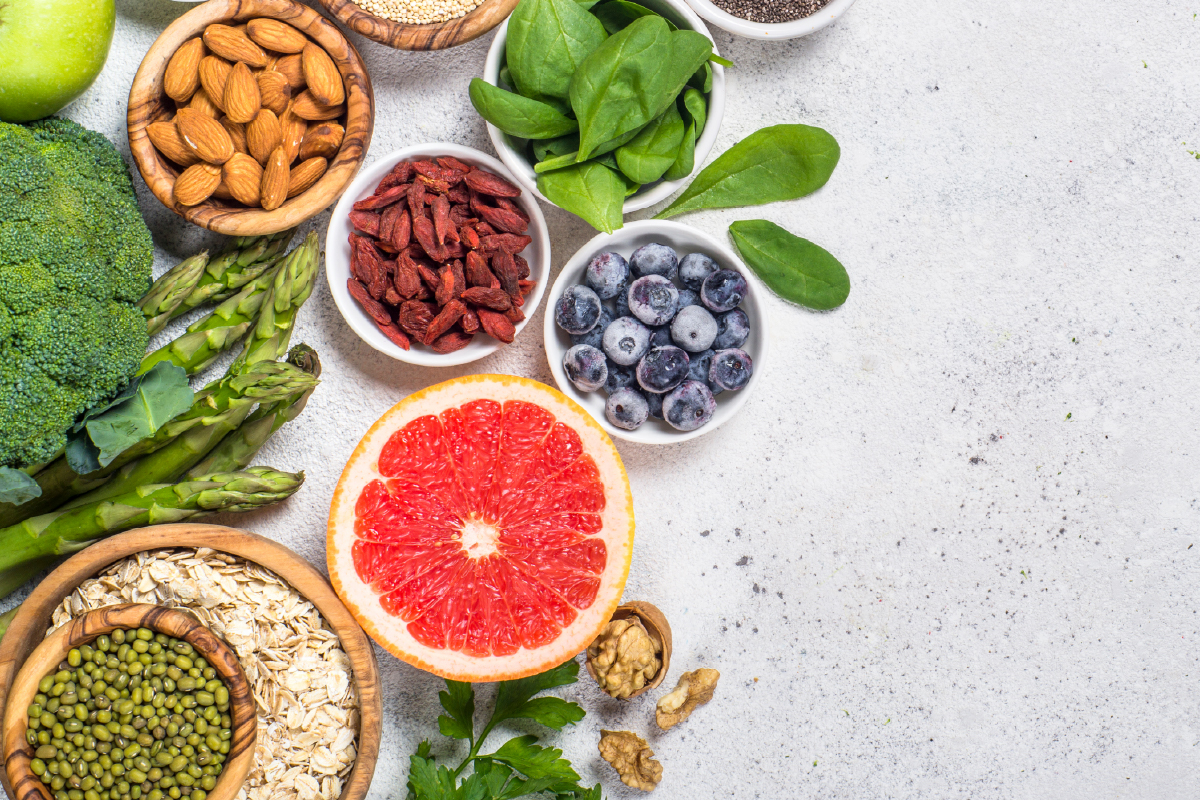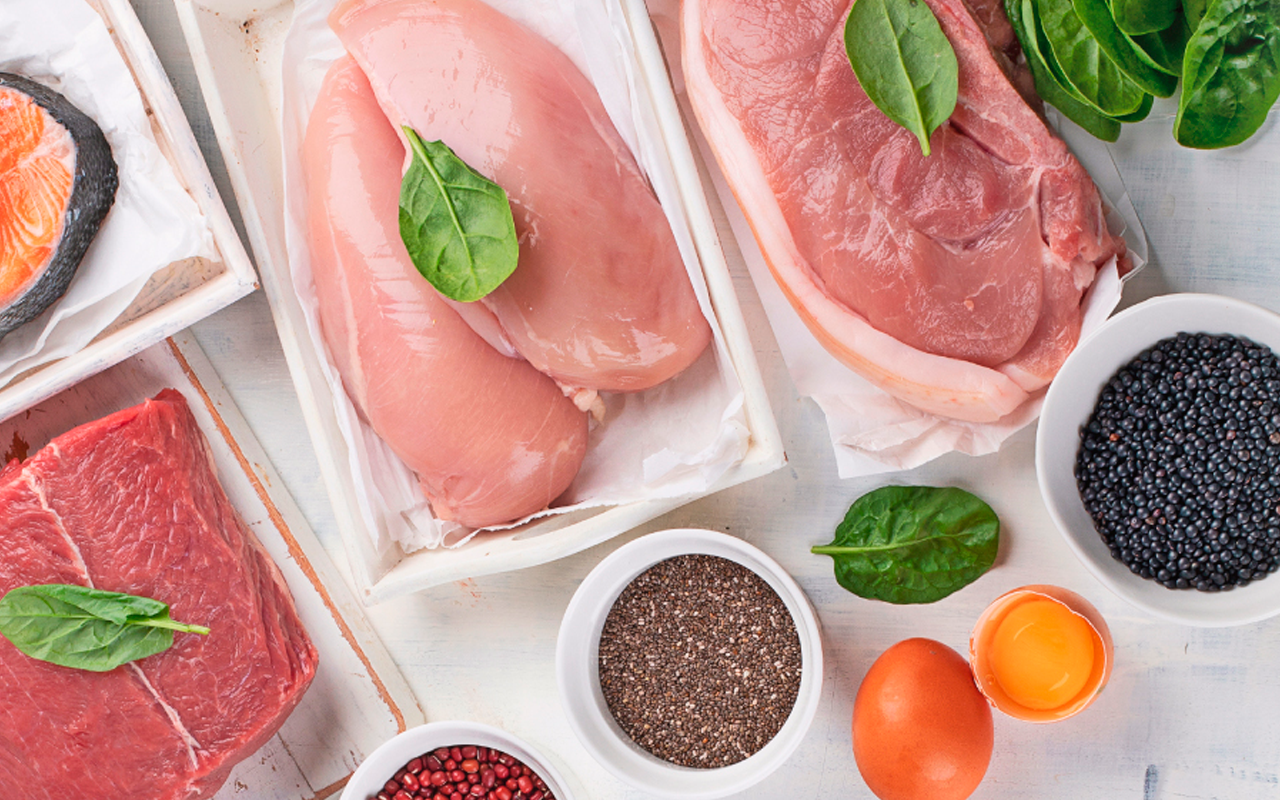Most Common Nutritional Myths


There are many myths that can confuse anyone who wants to follow a healthy diet rich in essential nutrients for their well-being. We are constantly hearing about what is right and wrong in the world of nutrition.
Ever feel overwhelmed while seeking answers?
In this article, 3StepDiet® sheds some light on the main myths about nutrition so you can make well-informed decisions.
-
Bread is fattening
Myth. No single food has the ability to lead to weight gain or loss. For there to be weight gain it is necessary to have a positive energy balance, that is, generally speaking, you have to consume more calories than you expend. If bread is consumed with care as part of a balanced diet, it can provide much needed nutrients. Of course, the amount, frequency and finally toppings added to bread need to be considered to keep it a positive addition to the diet. Also, by choosing whole grain versions, which contain more fiber, vitamins and minerals, bread can be very nutrient rich.
-
Drinking water with lemon on an empty stomach helps weight loss
Myth. Scientific evidence to date does not support the claims that drinking lemon water on an empty stomach has the miraculous power to help you lose weight. Adding lemon juice to water can be a way to add some flavor, to increase its consumption and help to hydrate, but it is not more beneficial when compared to the ingestion of natural water.
-
To lose weight, I cannot eat fat
Myth. Even though fat has twice the energy density of carbohydrates and protein, this shouldn’t contribute to fat phobia. We all need a certain amount of fat in our diet. It helps us absorb fat-soluble vitamins such as A, D, E and K. It also provides energy and can help fight inflammation. Examples of plant based healthy fats are olive oil, walnuts, hemp and chia seeds and avocado. Also very beneficial are omega-3 fats present in fatty fish, such as sardines, mackerel and salmon.
-
Drinking milk is bad
Myth. Consumption of milk is only advised against those who are lactose intolerant and/or allergic to milk protein.
Like other dairy products milk is rich in proteins of high biological value, contains all the essential amino acids, and vitamins and minerals such as calcium and phosphorus.
-
Egg yolks are harmful to health
Myth. Dietary cholesterol has been wrongly accused of being responsible for raising blood cholesterol levels leading to heart disease. On the contrary, saturated fats and trans fats play a more harmful role. Although egg yolks contain cholesterol, they are low in saturated fat, which is why whole eggs can form part of a healthy diet and, in most people, do not significantly impact blood cholesterol levels.









